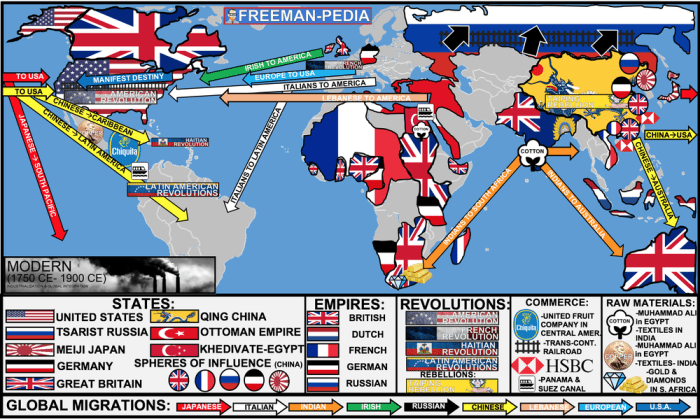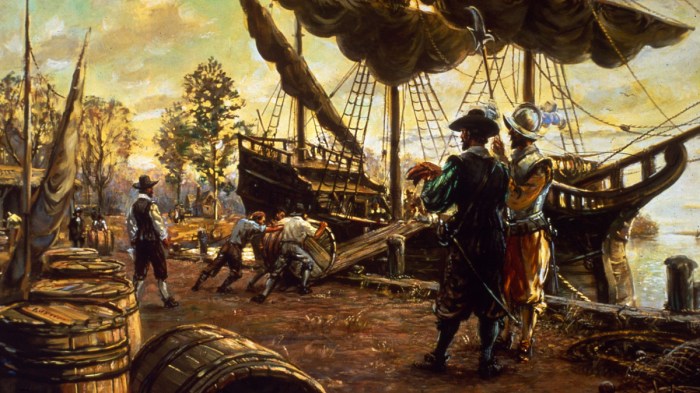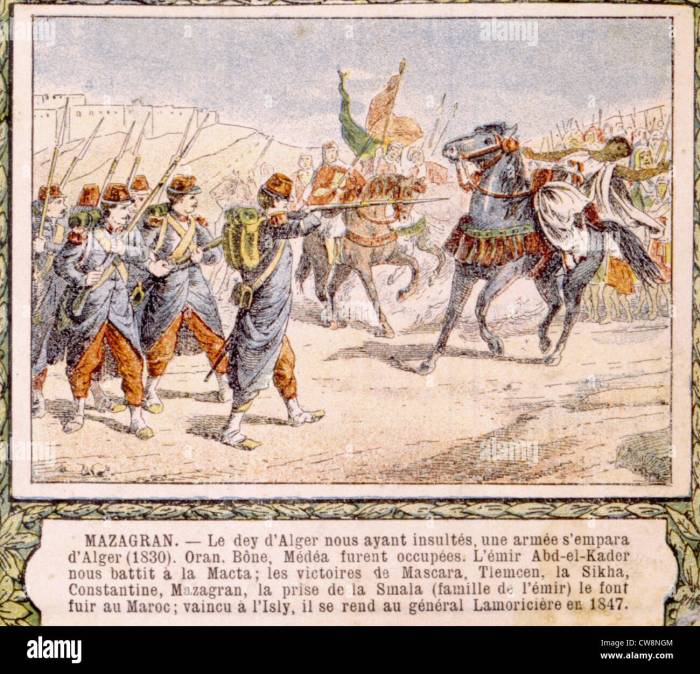Settler colonies ap world history – Settler colonies, a prominent phenomenon in world history, have left an enduring mark on societies and landscapes around the globe. This article delves into the origins, characteristics, and impact of settler colonies, exploring their profound influence on indigenous populations and the ongoing debates surrounding their legacy.
European colonization, driven by motives of economic expansion, political power, and religious zeal, targeted various regions for settlement, including the Americas, Africa, and Australasia. The establishment of settler colonies fundamentally altered the demographics, cultures, and economies of these regions.
Historical Context

The origins of European colonization lie in the 15th and 16th centuries, driven by a combination of factors such as technological advancements, economic ambitions, and political rivalry. Europeans sought to establish colonies in distant lands to secure resources, expand trade, and extend their power and influence.
The primary regions targeted for settlement were the Americas, Africa, Asia, and Australia. European powers established colonies in these regions to exploit their natural resources, establish markets for their goods, and gain strategic control over trade routes.
The arrival of Europeans in indigenous territories had a profound impact on local populations. European exploration and trade introduced new diseases, disrupted traditional ways of life, and led to conflicts over land and resources.
Characteristics of Settler Colonies: Settler Colonies Ap World History

Settler colonies are distinguished by their defining features:
- Permanent Settlement:Settler colonies involve the establishment of permanent settlements by Europeans, who intended to reside and control the land.
- Displacement of Indigenous Populations:Settler colonies typically resulted in the displacement or subjugation of indigenous populations, who were often forced to abandon their lands or assimilate into the colonial society.
- Economic Exploitation:Settler colonies were established primarily to exploit the resources and labor of the indigenous population and the land itself.
- Political Control:Settler colonies were established and governed by European powers, who imposed their own political and legal systems.
- Cultural Assimilation:Settler colonies often attempted to assimilate indigenous populations into European culture and society, through methods such as education, conversion to Christianity, and intermarriage.
Settler colonies differ from other types of colonies, such as trading posts or military outposts, in that they involved the permanent settlement of Europeans and the establishment of a colonial society.
Impact on Indigenous Populations

Settler colonization had devastating effects on indigenous cultures and societies:
- Displacement and Dispossession:Indigenous populations were often displaced from their traditional lands, forced to relocate to reservations or urban areas.
- Cultural Assimilation and Genocide:Settler colonies attempted to assimilate indigenous populations into European culture, often through forced conversion, education, and intermarriage. In some cases, genocide was used to eliminate indigenous populations.
- Economic Exploitation:Indigenous labor and resources were exploited to support the settler economy, leading to the loss of traditional livelihoods and economic independence.
- Long-Term Consequences:The effects of settler colonization continue to be felt by indigenous communities today, including social and economic disparities, health issues, and cultural loss.
Questions Often Asked
What are the defining characteristics of settler colonies?
Settler colonies are distinguished by their permanent settlement of large numbers of people from a colonizing power, who establish their own political, economic, and social institutions while displacing or assimilating the indigenous population.
How did settler colonization impact indigenous populations?
Settler colonization often led to the displacement, assimilation, or resistance of indigenous communities. Indigenous cultures and societies were disrupted, and indigenous lands were often seized or exploited.
What are some examples of settler colonies?
Examples of settler colonies include the United States, Canada, Australia, New Zealand, and South Africa.
